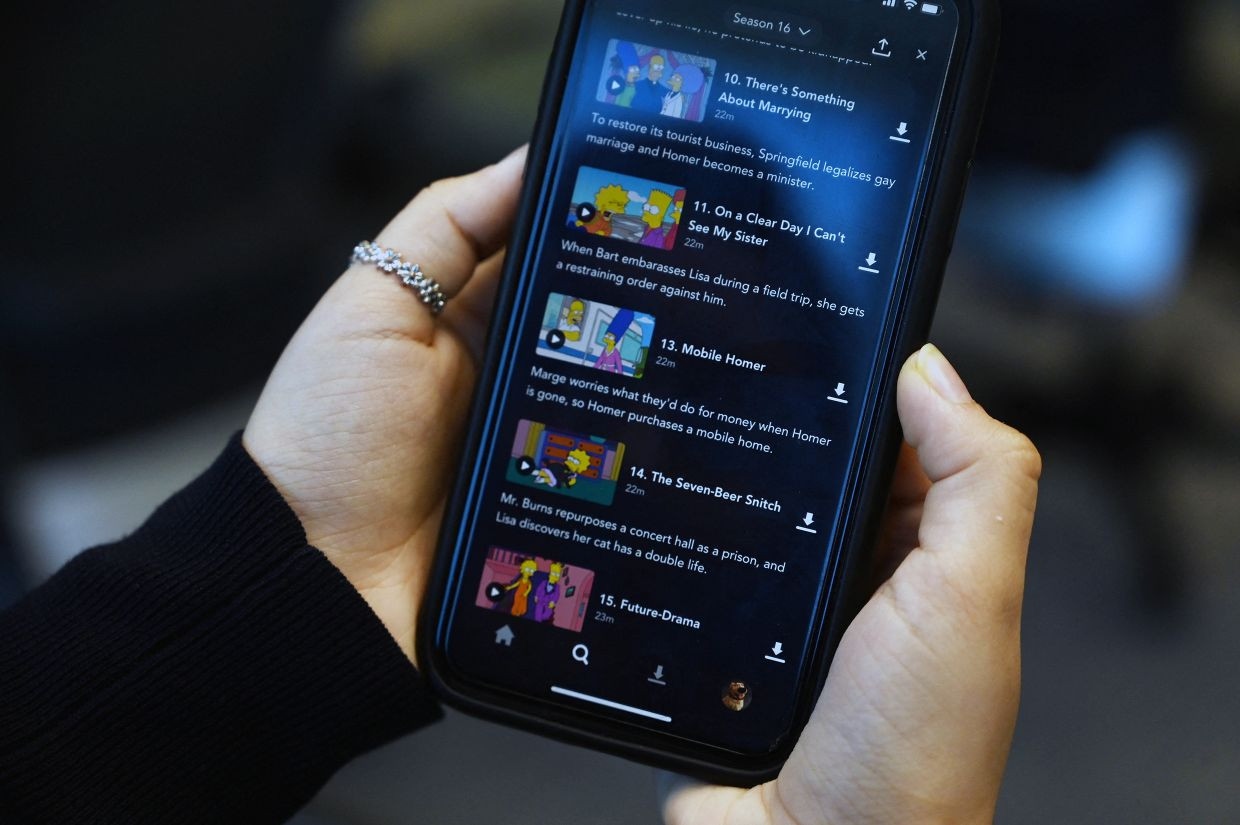Popular Reads
Top Results
Can't find what you're looking for?
View all search resultsPopular Reads
Top Results
Can't find what you're looking for?
View all search resultsIs ‘cookieless’ a new era for the internet?
Research by The Trade Desk found that more than one in two Asia-Pacific consumers are willing to share information about their online interests to enable relevant advertising so that they could access free content on the internet.
Change text size
Gift Premium Articles
to Anyone
B
ack in 1994 Stanford student Jerry Yang built the world’s first web index, which he named Yahoo! Inc. whilst Mosaic Communications released the world’s first commercially available web browser, Netscape Navigator.
In an era when most software was still distributed on floppy disk, Netscape quickly gained popularity when it was made available for download. And although no one thought to mention it at the time, this initial Netscape release included a humble but crucial technical protocol called the cookie.
This highly influential cookie would eventually survive not only the company that invented it, but also many other early online titans.
But now cookies have been put on notice. More than 25 years later, there has never been a better opportunity to rewrite the way the internet functions. Long a lightning rod for privacy concerns, cookies do not offer consumers enough choice and control over their online data in a world where privacy is taking center stage.
Fast-growing digital channels do not rely on cookies
For advertisers, cookies were never designed for advertising. They were simply co-opted as the least-bad solution available. And they only cover mainly the browsing internet. They are non-existent in the fastest-growing parts of the open internet, which include people reading online news or binge-watching their favorite series on their mobile devices or smart TVs, as well as music streaming, podcasts, and gaming and mobile apps.
In Indonesia, data reveal that the open internet reaches over 190 million consumers and digitally savvy Indonesians are increasingly shifting their media habits toward professionally produced, premium content on channels such as OTT/CTV and music streaming versus user-generated content (UGC) platforms.
Out of the 283 hours the average Indonesian consumers spend on digital media in a month, more than half (55 percent) is spent on the open internet. At the same time, viewers in Southeast Asia are streaming 8 billion hours of OTT content per month, with more than 72 percent of consumers planning to maintain or increase their OTT viewing.
Time to create a new currency for the internet
With the rapid rise of new media channels that do not rely on cookies, we now have the opportunity to build something even better, a new common currency of the open internet. It is crucial for us to get this right, partly because the economics of the internet has not changed much in the past 25 years: It is funded by advertising. We “pay” for the news we read, the music we listen to, and the TV shows we stream by watching or listening to advertising.
Users intuitively understand this trade-off. Research by The Trade Desk found that more than one in two Asia-Pacific consumers are willing to share information about their online interests to enable relevant advertising so that they can access free content on the internet. The vast majority (90 percent) of Southeast Asian consumers polled said they would watch advertisements in exchange for free content.
Preserving the value exchange of the internet
There are a few fundamentals of the internet that are top of mind for me as I think about how we can build something that preserves the value exchange of relevant advertising for free content on the internet, while massively upgrading consumers’ privacy.
First, the internet is not free. Journalism outlets, for example, need to cover the costs of the reporters who produce great news content.
Second, advertisers have no interest in jeopardizing consumer trust. Many of them have spent decades building brand loyalty and do not want to do anything that might put those relationships at risk.
And lastly, perhaps because of these dynamics, more and more of the internet is becoming authenticated, meaning as users, we recognize we have to log in to see content.
Almost the entire streaming TV ecosystem is authenticated. We log in with our emails, so that streaming TV companies can either manage our subscriptions or serve us relevant advertising. Almost all apps require us to log in. Increasingly, news sites require us to authenticate with an email. This trend will only accelerate as publishers and advertisers reimagine the role of identity in a post-cookie, omnichannel context.
Why? Because almost all of these experiences are funded by advertising. And with authentication, we finally solve the foundational problem of cookies. Authentication and the cross-channel identifiers that support it (such as Unified ID 2.0 and others) allow advertisers to manage campaigns optimally across all channels.
They can see, for example, if a certain audience group has seen a particular ad on a streaming platform, and then manage the frequency of that ad for the viewer across all channels. Advertisers have no interest in bombarding users with the same ad over and over.
They know it is not good for their brand. But until now, they have not found great tools for managing that.
Everyone wins with a better internet
This dynamic also has the potential to greatly improve the consumer experience. Not simply because we will not have to sit through the same ad over and over, but because ultimately we will see fewer but more relevant ads. If I am a foodie and a golfer, would I rather see a few targeted ads on those topics or many more ads on random topics?
Ultimately, this could mean three things. First, advertisers can serve fewer ads, and reach the right audience. Second, the audience can enjoy a more engaging, relevant advertising experience.
And lastly, the publisher gets to make more great content and trusted journalism. Thus, they can continue serving quality content for free. Not to mention that the new era of online advertising may help our local media survive and avoid their downfall, as we have seen happening in the United States with Buzzfeed and Vice.
With new identity-management tools, consumers can authenticate across the internet much more easily, understand clearly why they are being asked to authenticate (no more indecipherable cookie permissions), and manage their own privacy settings.
And in doing so, the internet will effectively be replumbed and upgraded. And we will be able to preserve the very valuable role that advertising plays in funding our incredible internet experience.
***
The writer is general manager for Indonesia at The Trade Desk











